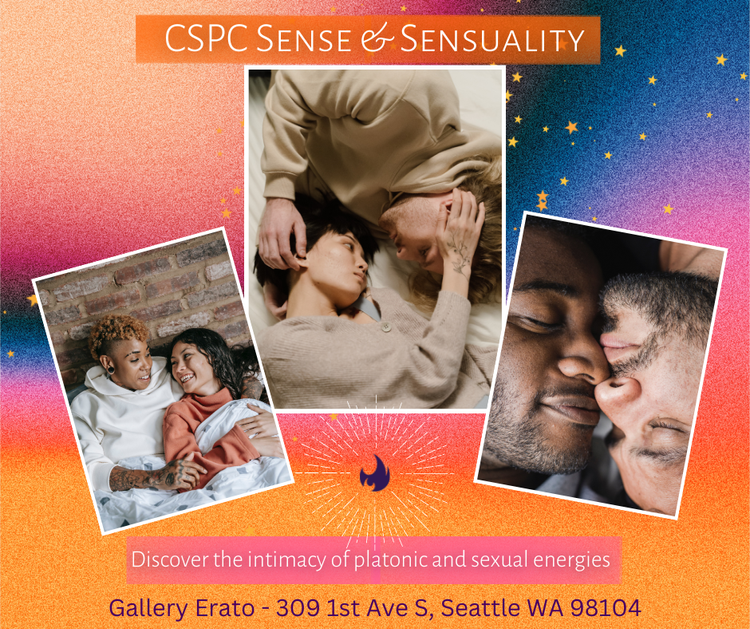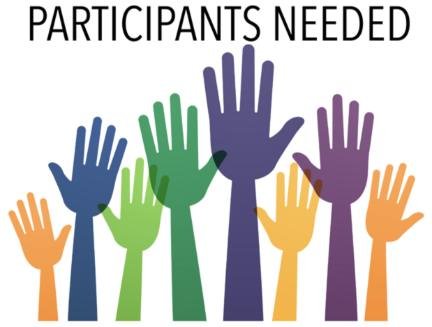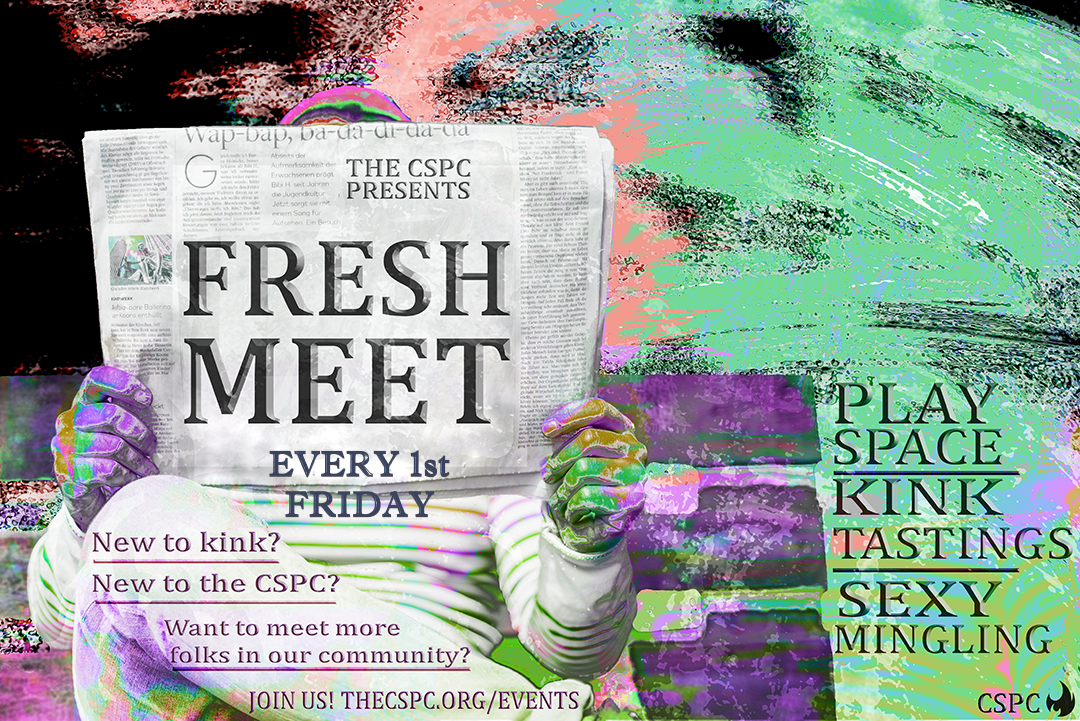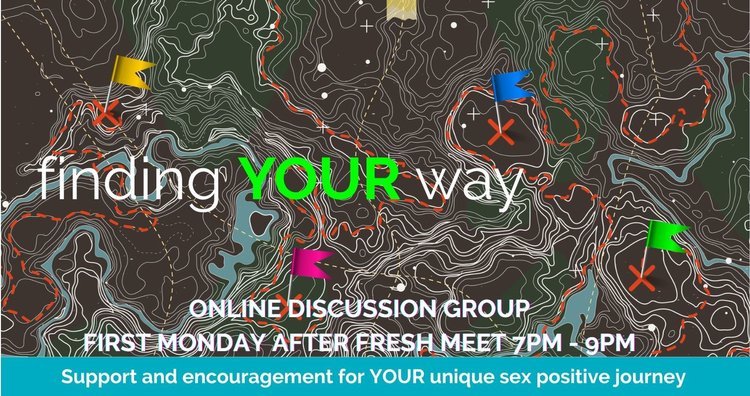by Flowers
So you’ve decided you want to go to your first kink party! You’re going to have an amazing time. The kink community is full of incredibly kind and loving individuals. However, it can be a bit nerve-wracking to go to your first party, so in honor of Fresh Meet and the Finding Your Way discussion group, here are a few things you can expect from your first party.
Before I start though, keep in mind that these tips, as with many things in kink, are fluid. What may be true for one person may be the exact opposite for others.
1: What will people be wearing?
When going to a party, you will see people wearing all kinds of things. When entering the party venue, most people will be wearing casual clothes, so as to not attract outside attention and to stay street legal. Once they get inside, the rules absolutely change. You will see people in just about everything, from regular street clothes, to lingerie, to fetish outfits, to absolutely nothing but a smile. There is no pressure to wear anything specific, and you should wear whatever makes you most comfy.
You should also check the rules of the party/venue, because they might have certain rules about what you can or can’t wear.
2: You don’t have to play.
A common mindset when attending a kink party for the first time is the idea that it’s going to be everyone having sex with everyone, or that you must have sex, or hit people, or take part in a scene. That’s not true at all. There are many people who simply enjoy watching or hanging out with kinky friends and socializing, and that’s more than okay. Another worry about kink is how certain identities, such as asexuality for example, come into play. Asexual people also have a place in kink, and you don’t have to be interested in sex to enjoy a kink party. There are plenty of things for ace people to enjoy as well! And this holds true for the full spectrum of identities; there’s a place for everyone. Sometimes it can be very daunting to see everything that’s going on, and if you don’t feel comfortable jumping right in, you are allowed to take your time.
3: Try to go into the party with no expectations.
When going to your first party, you may have many expectations of how things are supposed to go. That is okay! That’s great! But be prepared to be flexible about it. Parties can be different from group to group, venue to venue, or even party to party. Maybe you see something at a party that you didn’t know existed but you want to try . Maybe you see something you thought you might want to try but then lose interest in. Things might not happen exactly the way you dreamed of, and that’s okay. It’s not your fault at all. There is always the next party! At my new member orientation, I received great advice from our wonderful president, Skitty: “Maybe this party you’ll have all of your kinky, sexy dreams fulfilled and do everything you’ve ever wanted to do. That’s absolutely incredible! Maybe you don’t, and that’s not how it works out. That’s okay too.” Go into it with no expectations, and be ready to take it as a fun experience.
4: Relax and have fun!
At the end of the day, the most important thing is enjoying yourself. You should never leave a play party feeling worse about yourself or upset that you attended. The CSPC always strives to be a fun, welcoming environment for everyone, but maybe you find that some parties just aren’t your vibe! That’s okay! The world of kink is expansive. There are different parties, discussion groups, and people to talk to. The most important thing should be that you are feeling safe and enjoying yourself.
So whatever happens, take a deep breath, relax, and have fun! You got this!!!







